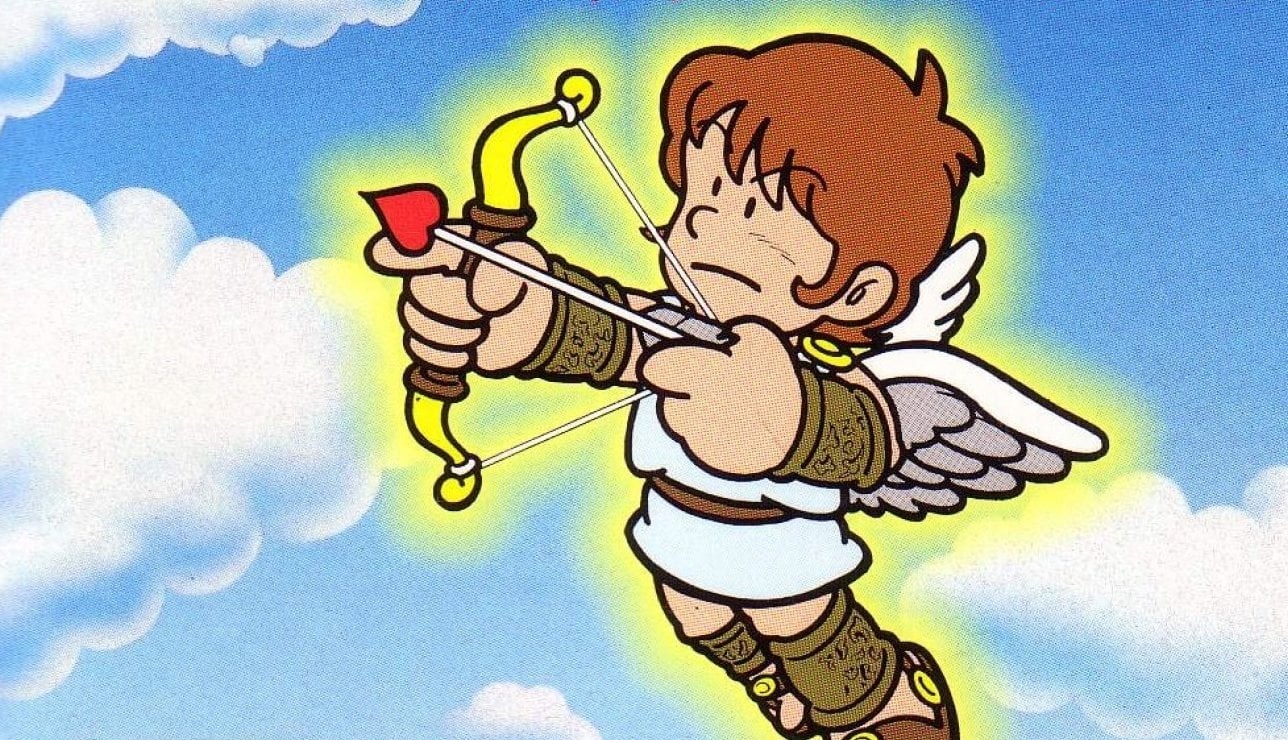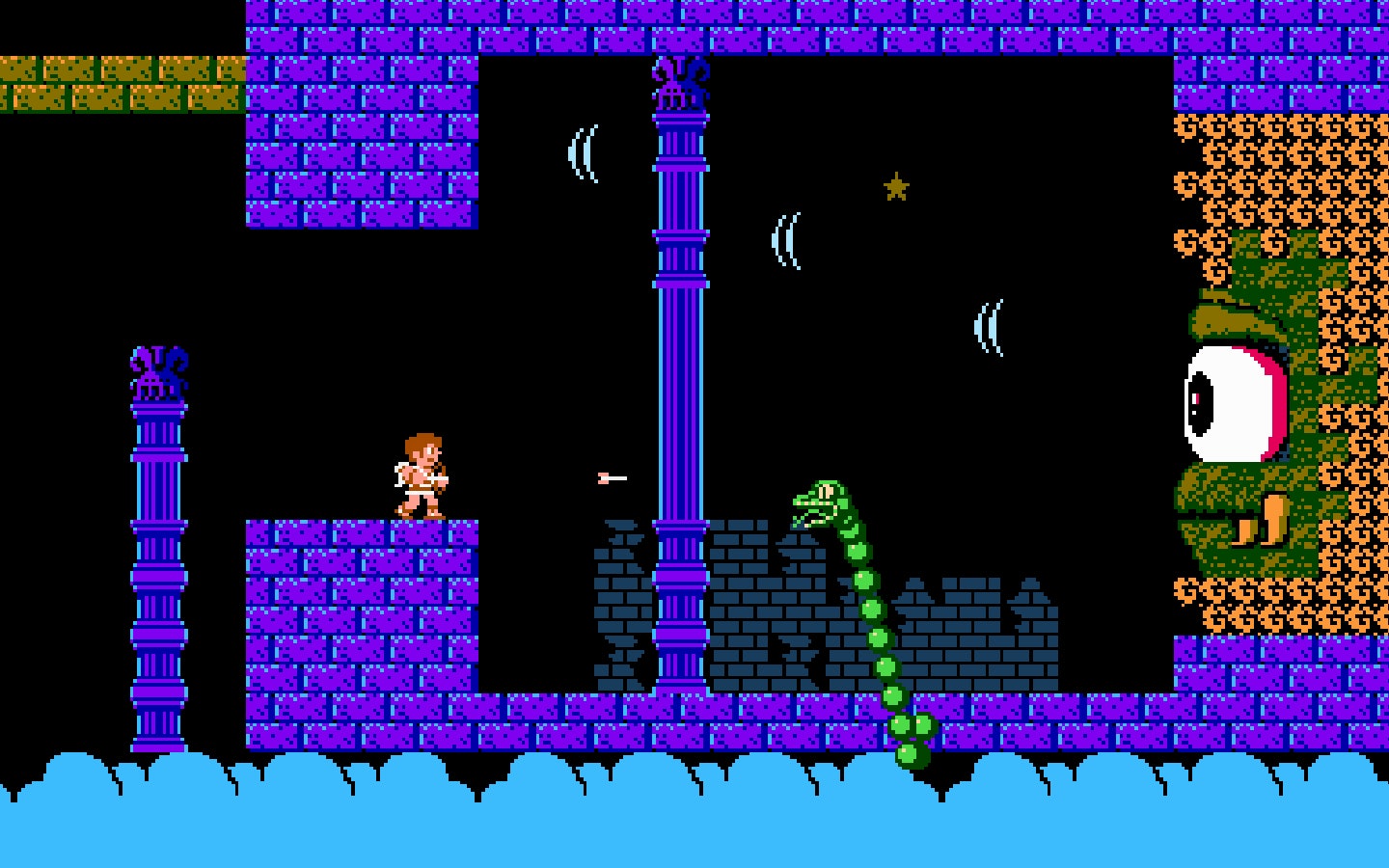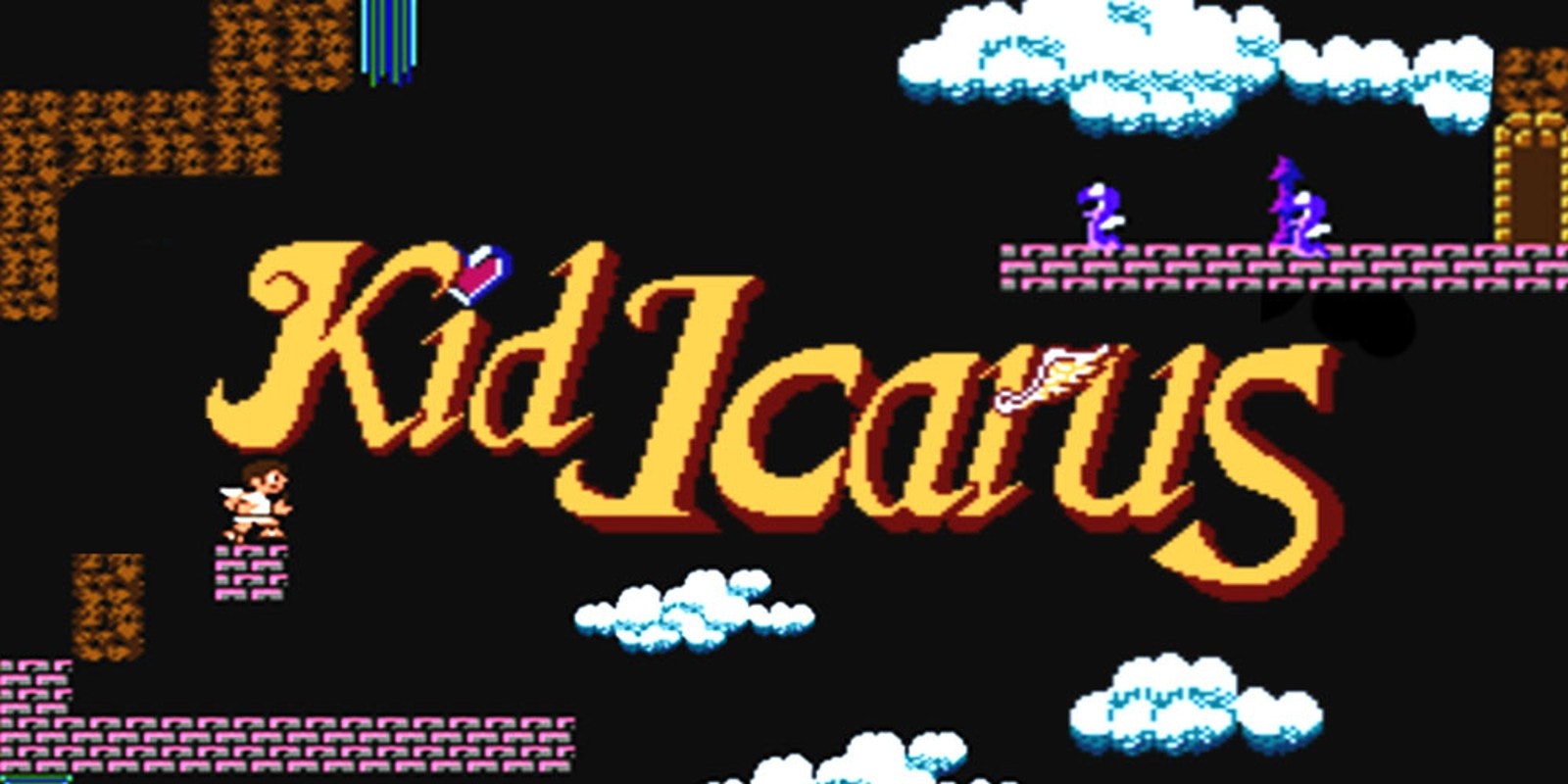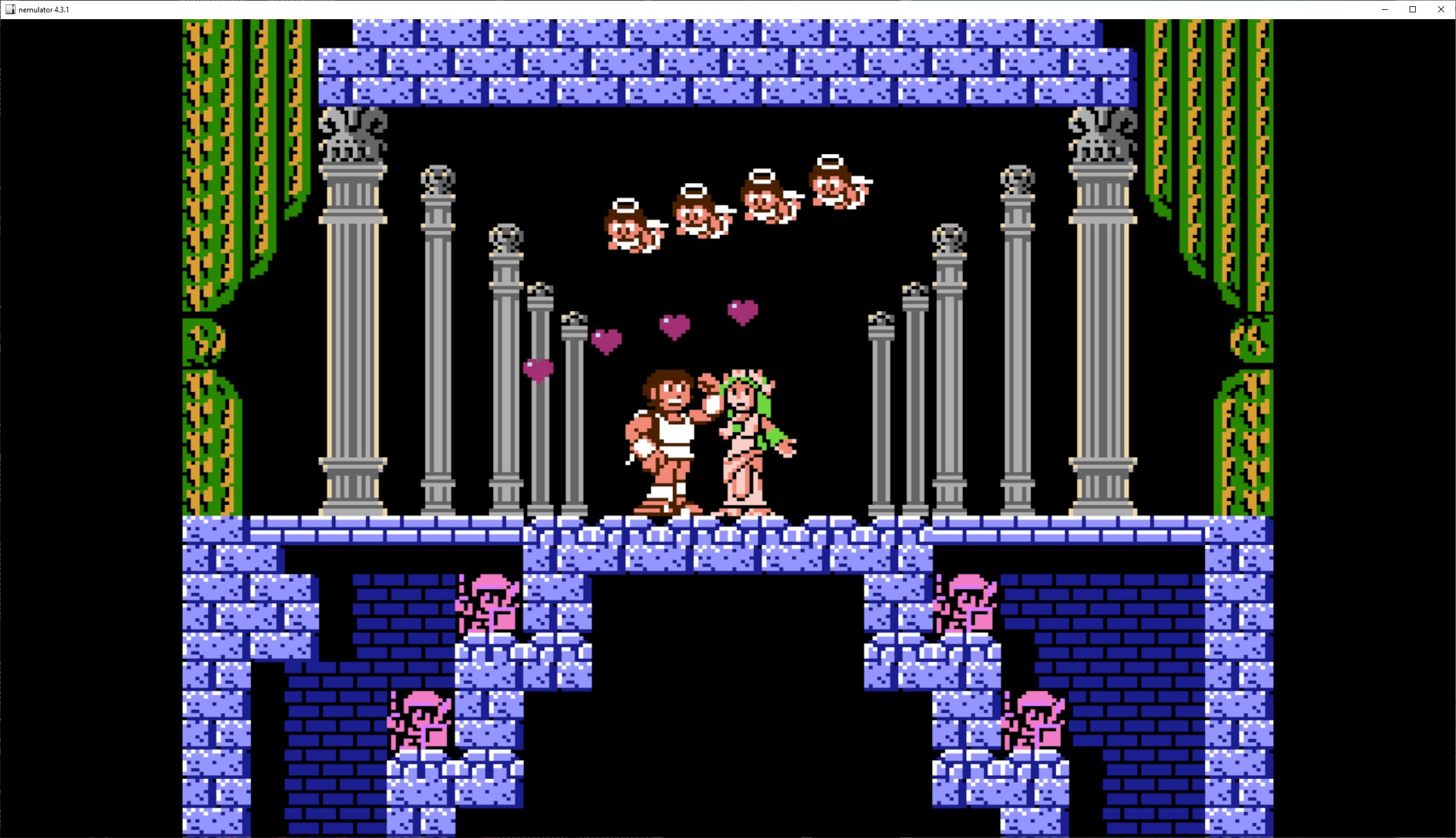
In Gunpei Yokoi’s life, one can read both the history of video games and that of post-WWII Japan. Yokoi was born in Osaka in 1941, just a few months before the Empire attacked Pearl Harbor. In the 1960s, after earning an electronics degree from a prestigious university, Yokoi got a job as a maintenance engineer on the assembly line for a toy and card company called Nintendo.
Nintendo had been around since the 19th century, focused on hanafuda cards primarily used for gambling. But the company’s higher-ups had become convinced that playing cards had limited potential and had expanded into toys. It was a challenge, considering that it meant competing with companies like Bandai. But then, one of the higher-ups visited the assembly line and noticed that a certain engineer had been working on more than fixing conveyor belts.
During his free time, Yokoi had built himself an extending hand, which he called the Ultrahand. (Tears of the Kingdom got the name for its signature building mechanic from this.) The company developed it into a proper product — it was a hit. Yokoi moved off the assembly line and the company’s history was forever altered. He developed all sorts of mechanical devices, from puzzles to love testers.

When the company switched paths again, focusing now on video games, Yokoi created Game & Watch. One of the company's first game designers, he was assigned to oversee an ambitious youngster named Shigeru Miyamoto, who was making an arcade game called Donkey Kong.
That turned out so well that Yokoi was given the task again, becoming a producer for Tora Osawa’s 1986 game Kid Icarus, which is available right now if you’ve subscribed to Nintendo Switch Online. (You don’t need the expansion pack add-on for this one.)
Kid Icarus was meant to replicate Metroid’s side-scrolling style (Osawa had designed Mother Brain) in a mythological setting. Instead of a blaster, there would be bows and arrows. Instead of an alien world, the main character, Pit, would move from the Underworld to the Overworld to the Skyworld, to, finally, the Palace in the Sky. It’s a clear progression that the game expresses by demanding Pit move upwards constantly.

Kid Icarus is remembered as a notoriously hard game, both to make and to play. Osawa went from Metroid immediately to Kid Icarus, and months of crunch followed, including a three-month stint of sleeping in Nintendo’s offices. This became especially tough when Nintendo turned off its heating system to save money in the winter.
The game stands as a testament to how play styles have changed over time. Without the Switch’s rewind feature, it’s hard to imagine many modern gamers leaping for a chance to play Kid Icarus. The game is unforgiving. Missing a single jump onto a tiny platform can lead to instant doom (this is true of other games of the era, like Mario titles, but this is harder than Mario). Enemies are swarming and come out of nowhere. The game wants you to feel like you’re dragging yourself out of Hell, which isn’t an easy thing to do.
And yet, amidst all of the frustration, a fun game emerges. The music is lively, the arrows are unlimited, and even failure can be fun. Grim Reapers are especially tricky enemies for Pit. They stalk back and forth over a platform and take several hits to go down. If they look at you, not only will crazy music start up, but several mini-enemies will fly out and start buzzing around. After finally taking one down, I celebrated, only to be instantly taken out by a lava monster coming from a platform’s floor. I had to laugh.

The game also has a sense of humor about itself. Pit gets a credit card at one point, which puts him into debt. There’s also his tagline when dying, “I’m finished!” Although the game takes gameplay very seriously, it doesn’t take itself too seriously.
Kid Icarus definitely shows its age. A crucial dynamic for the game’s map is walking Pit off one side of the screen only to have him appear on the other side. I had forgotten video games used to do that all the time. And it wouldn’t be the defining legacy for either Osawa or Yokoi, who would respectively play crucial roles in Ocarina of Time and the Game Boy. This is definitely a game that makes you earn the win. For any gamer looking for a retro challenge, this is the place to go.







